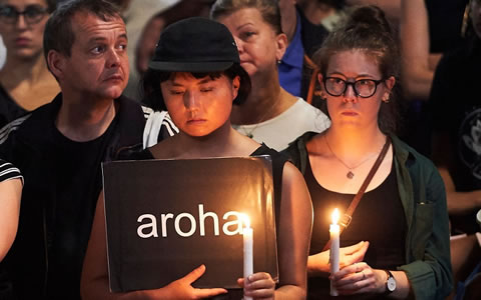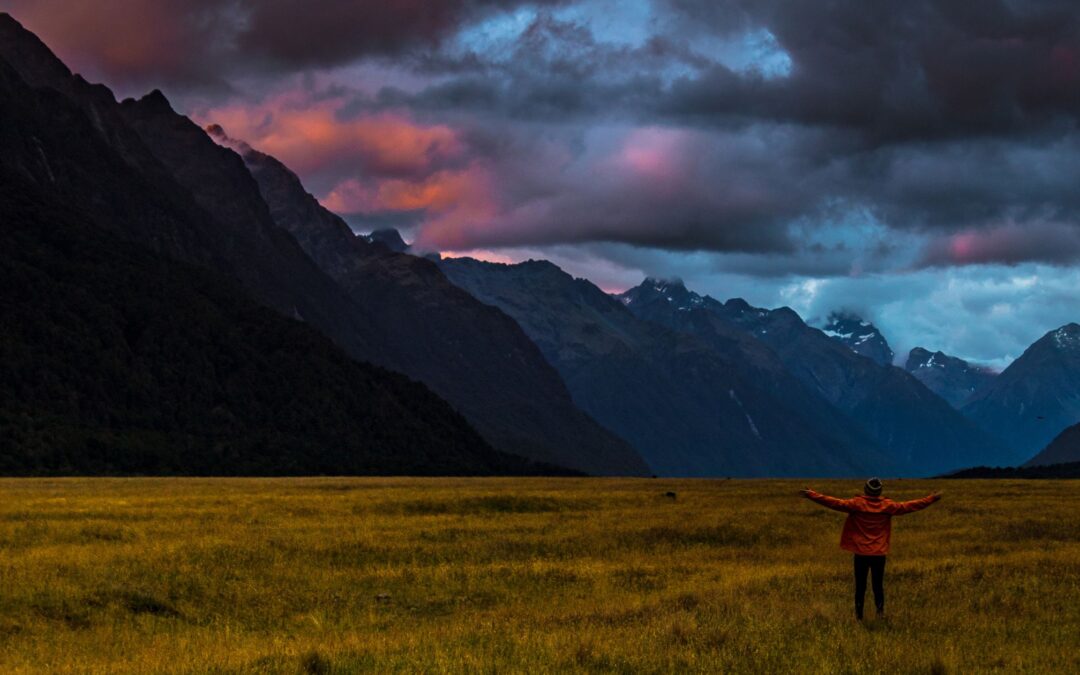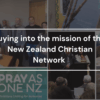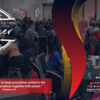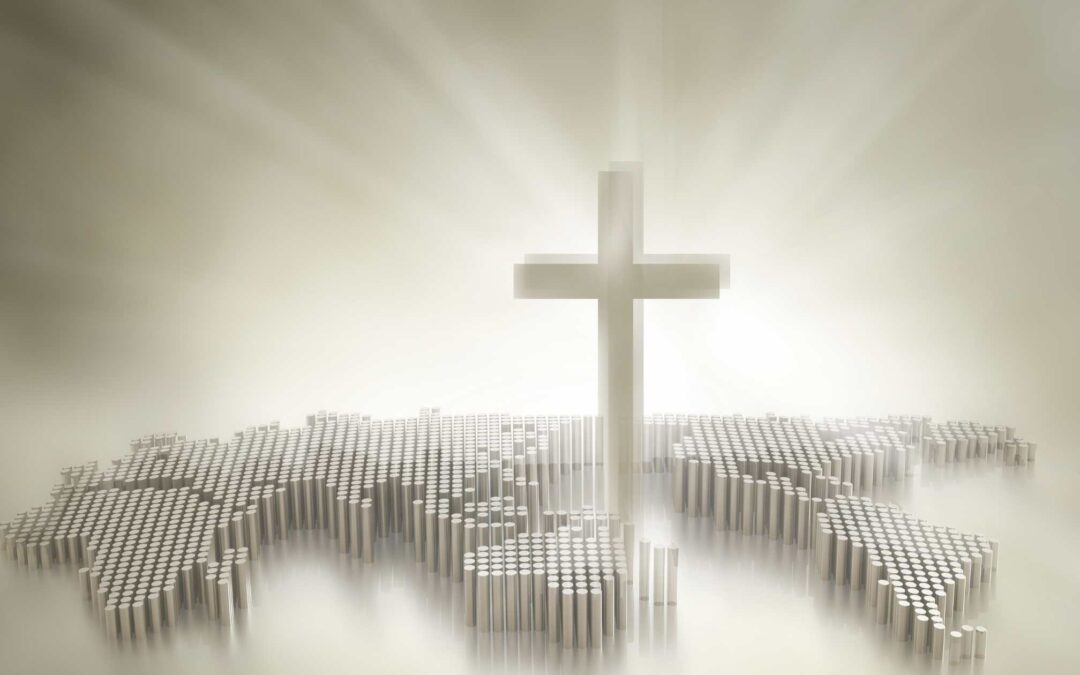
by Dr Stuart Lange | 12 Apr , 2024 | About Christianity, Articles, Christianity in New Zealand, The Church
In our contemporary culture, which often sees truth as flexible and individual choice as paramount, it can be unfashionable among some Christians to place a high value on biblical orthodoxy, or what the New Testament calls ‘sound doctrine’ (2 Tim. 4:3). Freedom to select and adapt is preferred.
All human beings – including Christians – think subjectively. Unsurprisingly, all Christians understand, weigh, and express the great truths of our faith a bit differently. Also, more than we may realise, we are all very influenced by our cultural settings.
Across the world, across denominations, and across the centuries, there has inevitably developed a wide variety of Christian beliefs, understandings, customs and practices.
Nevertheless, there is a continuous common core of Christian orthodoxy, anchored in the New Testament, and expressed in countless creeds and statements of faith.
Churches have often expressed or emphasised doctrines differently, or sometimes added some, but the common core of orthodox Christian faith continues to be things like:
- there is one true, living and triune God, Creator of all
- human beings are created in the image of God, created to know God, fallen and sinful, and alienated from God (Ephes. 2:1-3, Rom. 3)
- in his great love God sent his Son, who lived among us, died for our sin, rose from the dead, is alive forever, and who will come again to judge the living and the dead and to make all things new
- we are reconciled to God through faith in Jesus
- we should love God and others, and live under the Lordship of Christ
- the Bible, penned by human authors, is uniquely inspired by God’s Holy Spirit, is trustworthy and true, and is God’s written word to us
Do such solid doctrinal foundations for our faith still matter? See e.g. Col. 1:23, 1 Cor.15:1-4, Ephes. 4:14, Titus 1:9, 2 Tim. 3:16. Surely we are on very shaky grounds when we de-select some aspects of apostolic faith, or set aside the Bible where it does not suit us, or reinterpret it to say the opposite to what it clearly means.
In these matters it is good to be faithful, clear-minded, humble, and gracious. Strong doctrinal foundations really do matter, along with being spiritually born anew and alive in Christ, being indwelt and empowered by the Holy Spirit, loving God with all our heart, and truly loving and serving others.
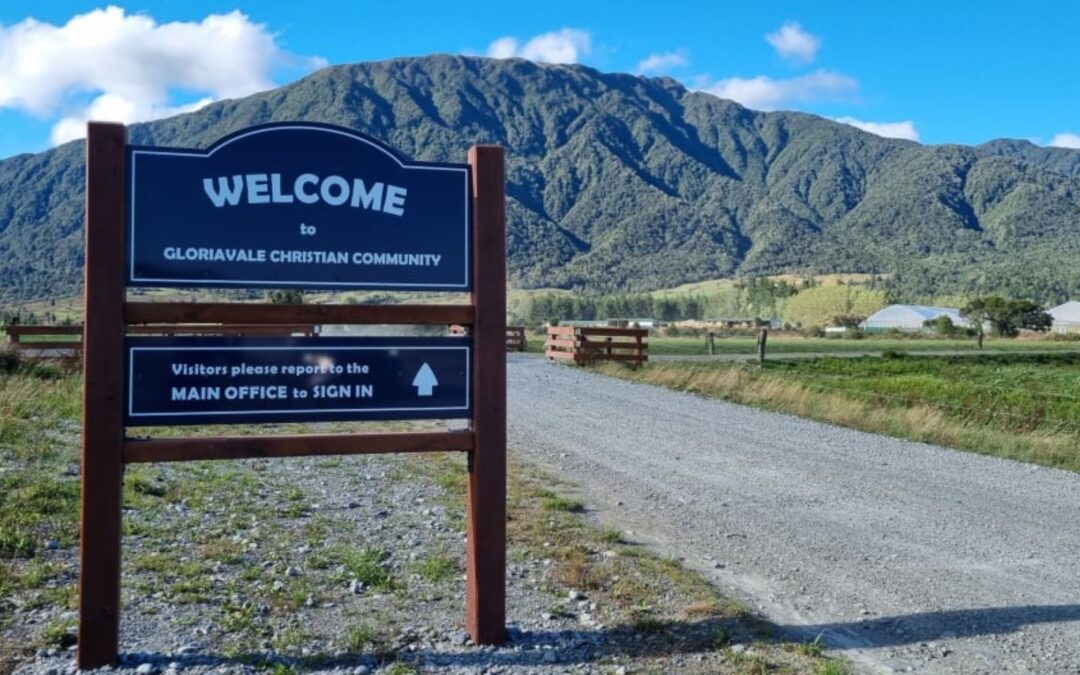
by Dr Stuart Lange | 29 Mar , 2024 | About Christianity, Articles
The current TV series Escaping Utopia is somewhat sensationalist and has its own biases, but it has usefully highlighted some serious issues in the Gloriavale Christian Community.
Many secular New Zealanders may wonder if Gloriavale is what all Christians are like.
Historically, there have countless examples around the world of separatist Christian communities, where a group of believers are moved by a vision of holy communal life and opt out of normal society. Monasticism was such a movement: it has had its problems, but along the way has also done much good.
Withdrawal from society always carries risks. Separatist groups can develop tunnel-vision, and can sometimes become cultish, coercive, and corrupted.
The biblical beliefs and sincere Christian faith and life of many people within Gloriavale are beyond doubt. Despite that, sadly, it does appear that the Community has in some respects gone wrong.
If Escaping Utopia has depicted matters at all fairly, some red flags about Gloriavale would include leadership that is highly controlling, cases of sexual abuse, limited freedom, reports of intimidation, subjugation of women, the way in which loyalty to the community can be prioritised over the marriage bond, and insistence that those who leave will be damned to hell (this implies that there is no salvation outside of Gloriavale). It needs to be understood that none of these things are normative Christianity, or biblically warranted.
‘…where the Spirit of the Lord is, there is freedom’ (2 Cor. 3:17)
‘For God did not give us a spirit of fear, but of power, love and self-control’ (2 Tim. 1:7)
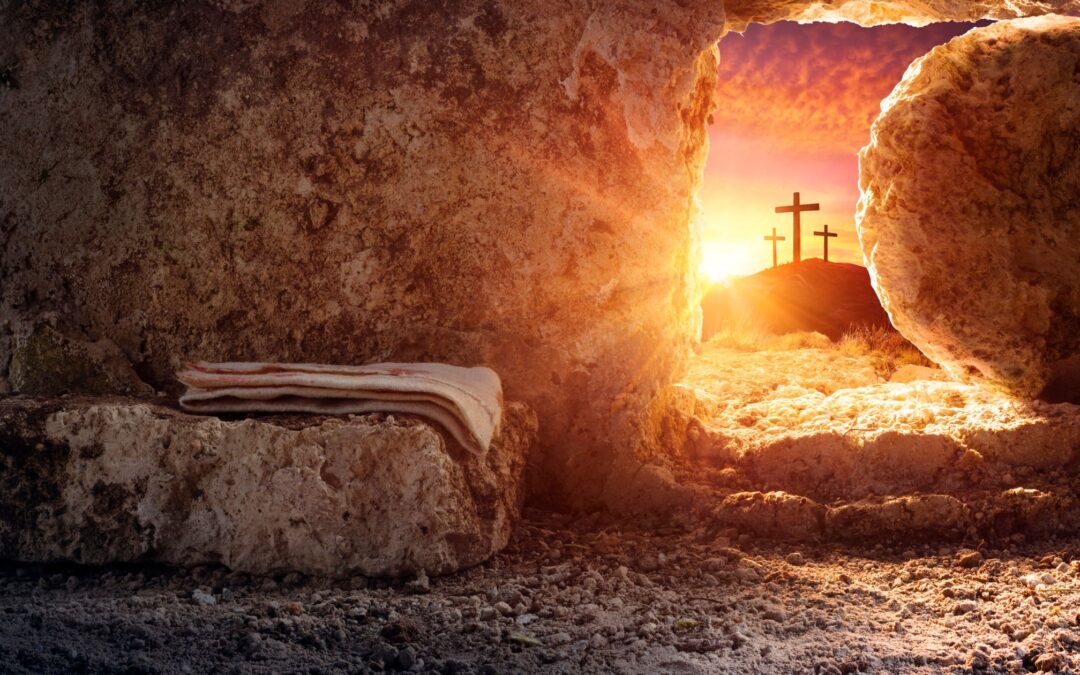
by Dr Malcolm Falloon | 28 Mar , 2024 | About Christianity, Articles, Christianity in New Zealand, The Church
- Because the resurrection still gives the best account of the human condition.
- Because the evidence for the resurrection is still compelling.
- Because the resurrection still has power to transform lives.
On the first of those points, the resurrection challenges our notions of the world and our place in it. It enables Christians to be both realistic and hopeful about the world in which we live: realistic about the human condition without the grace of God, yet hopeful about the future by the power of God.
There are two conflicting narratives propagated in the world today. Firstly, a story of progress and the power of science and technology to lead us from the darkness of the past into a future full of light. Things, we are told, are getting better and better, and any hurdles we face can be overcome by the power of human ingenuity. Yet it is a narrative that struggles to account for the darkness of the human condition and is powerless to address the problem of the human heart, a problem the Bible calls sin.
There is also a second narrative – one in tension with the first – that speaks of crisis and impending doom. Humanity, we are told, faces an existential crisis, whether due to the impact of environmental, economic, geopolitical, or biological causes – take your pick. It is a narrative that causes us to despair for the world our grandchildren will inherit and gives a sense of hopelessness. Yet it is a narrative that does not factor in the power of God, who remains faithful to his promises and continues to sustain his creation, even while holding us accountable for our stewardship of what has been entrusted to our care.
The resurrection of Jesus, however, is both realistic about the human condition, and hopefully about the human future. Through the resurrection of Christ, God has conquered the power of sin and death and as a consequence, Christians are aware of the need for God’s grace to transform our lives if we are to make true progress. At the same time, Christians will remain optimistic about the future, not because we are in denial with regard to the state of the world, but because of God’s power to bring about his purposes through the one he has raised from death and upon whom he has bestowed a name that is above every name (Philippians 2:9).
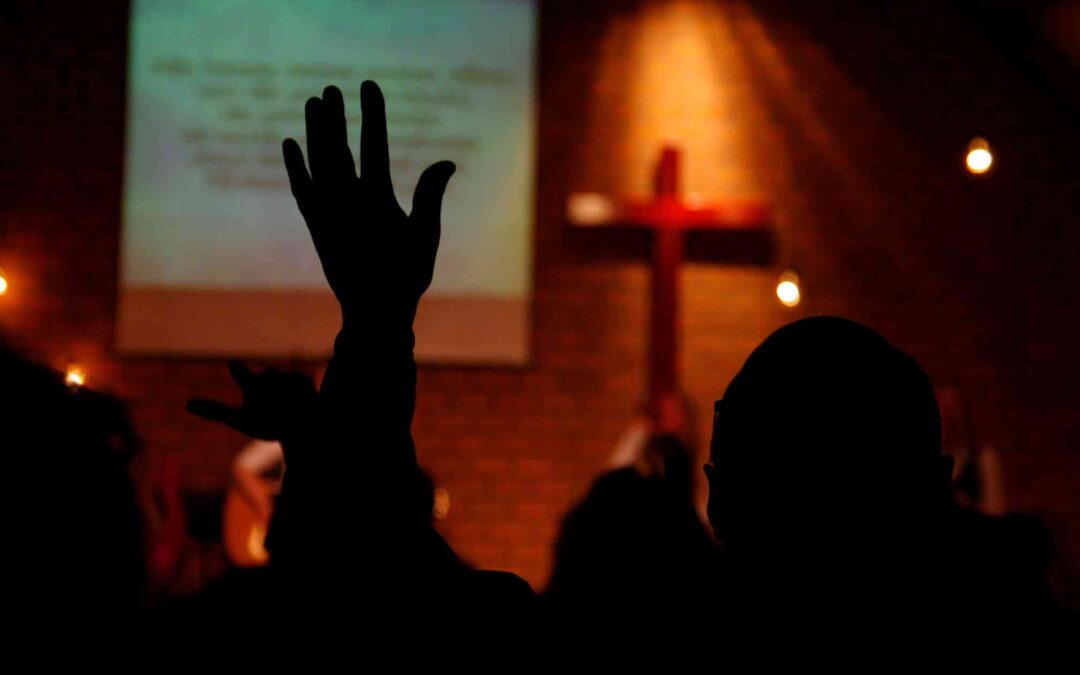
by Dr Stuart Lange | 15 Mar , 2024 | About Christianity, Articles, The Church
Some marks of a spiritually healthy church
No church (including those in the New Testament) has ever been 100% spiritually healthy. But it’s good to want our churches to be as spiritually healthy as possible.
Here’s seven indicators to think about.
A healthy church…
1. worships God in spirit and in truth, and keeps Jesus at the centre
We are called to truly honour and worship God, in a spirit of humility, faith and adoration (John 4:23-24, Psalm 96:9). In worship, it is ultimately not things like worship style, instruments, vocalists, liturgy or tradition that really matter, but our heart before God. We need to keep the central focus on Jesus: Son of God, Light of the world, crucified Saviour, Risen Lord, and coming King. No matter how excellent our church, pastor, programmes, music, building, or whatever – all these must be secondary to the Lord himself.
2. preaches the genuine biblical Gospel
A healthy church preaches human sinfulness before God, God’s wonderful grace, that Christ died for our sins, that we must turn to him in faith, and that we must be born of the Spirit and follow Jesus as Lord.
A healthy church does not preach a pseudo gospel: that everyone is good, or that because God is loving everyone will ultimately be saved, or that there are many roads to God, or that salvation comes from being a caring person, or that salvation comes from religious observance, or that salvation does not need repentance.
3. teaches soundly and carefully from the Word of God
A healthy church treasures the Bible as the inspired and authoritative Word of God (2 Tim. 3:16), and interprets it humbly and carefully, and with good understanding and application (2 Tim. 2:15). Its teaching makes sense, and neither distorts nor waters down the Word of God (2 Tim. 4:1-4). Its teaching feeds the soul, challenges and strengthens, helps people know God and become more Christ-like. It helps people read and study the scriptures for themselves.
A healthy church doesn’t mix Bible truth with earthly thinking, or lead astray (Acts 20:30). It doesn’t see the Bible as just a spiritual source book, or as a launching pad for our own ideas, or as something able to be interpreted however we wish.
4. has good fellowship and unity
A healthy church is welcoming and hospitable, and it cares for people. It treats everyone well, and practises forgiveness and mercy (e.g. Acts 4:34-35, Rom. 12:4-21). It guards its spiritual unity (Eph. 4:3). A disharmonious, fighting church (1 Cor. 1:10) is a disgrace, and does much damage.
5. is a constantly praying church, and looks for God to move in power by his Holy Spirit
The church is called to “pray constantly” (1 Thess. 5 17) and to “pray in the Spirit on all occasions with all kinds of prayers and requests” (Eph. 6:18). Where the church really means what it prays, prayer is powerful, and God changes hearts and grows his church. Acts 4:31: “After they prayed, the place where they were meeting was shaken. And they were all filled with the Holy Spirit and spoke the word of God boldly”. Where a church only prays in a minimalist or perfunctory way, it may only limp along.
6. reaches out to the world, in word and action
A healthy church takes seriously the call to reach the world with God’s grace and salvation in Jesus (Matt.28:19-20). It actively connects with the world: with love, with serving, and with the Gospel. It encourages its people to share Jesus with others, in the power of the Holy Spirit. It sees conversions, baptisms, and changed lives. A church where the people are unable or unmotivated to share the Gospel stagnates.
7. grows in numbers
“…the churches were strengthened in the faith and grew daily in numbers” (Acts 16:5). Church growth is not an end in itself, there are many internal or external factors that may impede numerical growth, and it is not easy to reverse an established decline. But growth is something we may pray and work for: A growing church often includes many new believers, children, and young people.
SO…
- How spiritually healthy is your own church fellowship?
- Whose responsibility is it to make the church spiritually healthy? The church’s leadership, or its people?
Wise and Godly church leadership can make a lot of difference. But surely the church’s spiritual health reflects the spiritual health of both leaders and people.
All church leaders are accountable to God for what they do or do not do. But so is every Christian. No church can rise above the level of faith, prayerfulness, Christ-likeness, and commitment of its average member. For our church to become more spiritually healthy, perhaps it starts with us!





